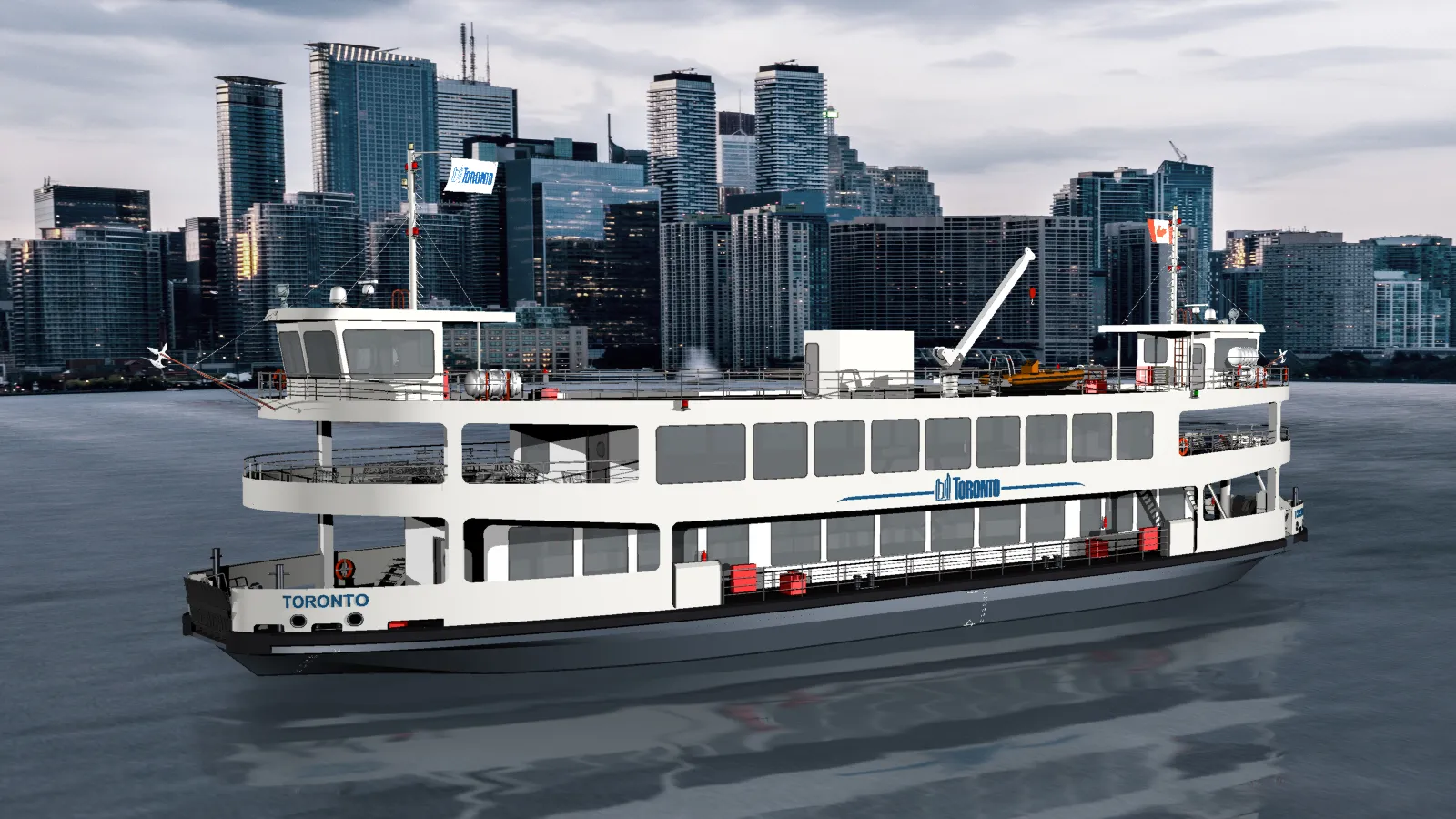The governments of Canada and Quebec will invest a combined $42.6m (£24.3m) for 26 projects by the Société de transport de Laval (STL) under the Public Transit Infrastructure Fund. The plan is part of a strategy to reduce air pollution and create inclusive communities where everyone has access to public services.
One scheme involves the replacement of buses to expand and maintain the average age of the fleet, and studies to continue STL’s electrification program. It aims to improve the performance and efficiency of Laval's transit system while preparing for anticipated future increases in ridership.
The investment was announced by the honourable Marc Garneau, minister of transport; Eva Nassif, member of parliament for Vimy; André Fortin, minister of transport, sustainable mobility and transport electrification. In addition, it also featured Francine Charbonneau, the minister responsible for seniors and anti-bullying and for the Laval Region.
Canada will provide nearly $23.7m (£13.5m), and Quebec will contribute more than $18.9m (£10.8m). The Autorité régionale de transport métropolitain will supply the remaining amount.
Garneau, said: "The Government of Canada is investing in projects to help build sustainable communities while promoting economic development and the growth of the middle class. The public transit projects announced today will help reduce commute times and greenhouse gas emissions while enhancing the overall user experience and preparing Laval for future growth."
Fortin, said: "It gives me great pleasure to announce these investments by the governments of Quebec and Canada to improve, maintain and develop public transit infrastructure in Laval. This will both improve the user experience and make commuting easier."
Canada and Quebec invest in Laval’s public transit service
The governments of Canada and Quebec will invest a combined $42.6m (£24.3m) for 26 projects by the Société de transport de Laval (STL) under the Public Transit Infrastructure Fund. The plan is part of a strategy to reduce air pollution and create inclusive communities where everyone has access to public services. One scheme involves the replacement of buses to expand and maintain the average age of the fleet, and studies to continue STL’s electrification program. It aims to improve the performance and
February 6, 2018
Read time: 2 mins








